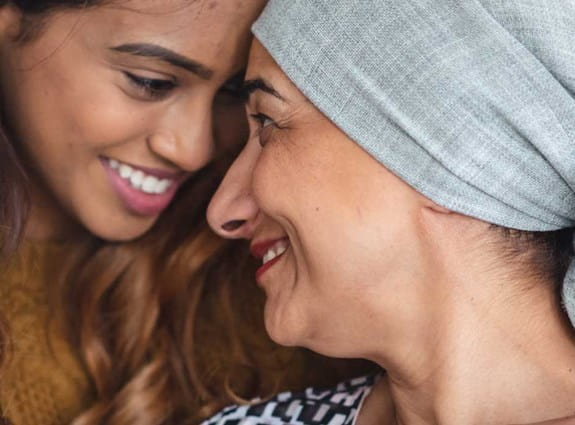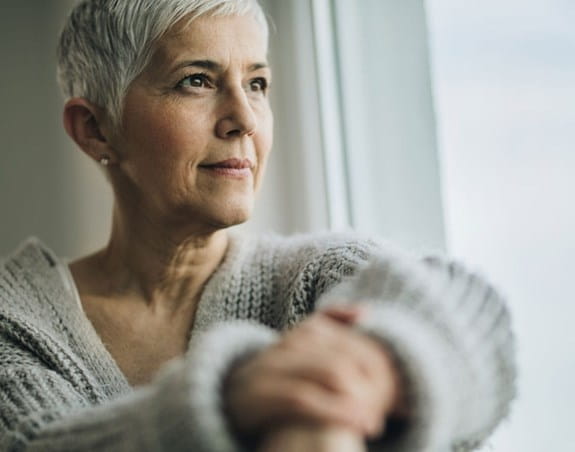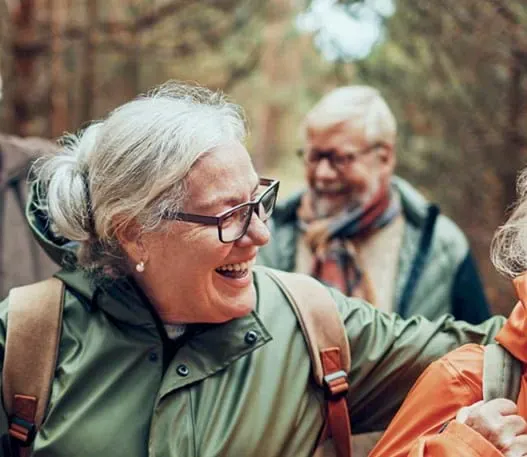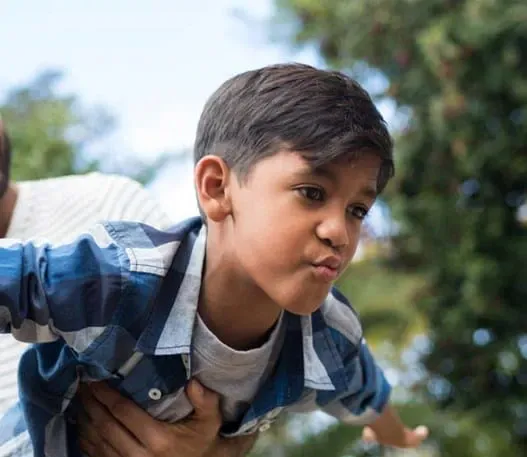
Coping with changes

Newly diagnosed
When you are first diagnosed with cancer, you might feel overwhelmed, like you can’t cope with so much to learn and so many decisions to make. For most people, cancer changes everything.

Emotions and family
Cancer can affect almost every part of your life. It can affect your emotions and how you feel about yourself. And it can affect your relationship with your family, friends and co-workers. Your family can include your spouse or partner and people who are related to you – your children, parents, aunts, uncles and cousins. Or your family can simply be people in your life who you love and who love and support you.

Your emotions and cancer
Everyone reacts to a cancer diagnosis in their own way. You may cope better if you understand the emotional effects of cancer. You may also be able to help loved ones who are feeling anxious.

Talking about cancer
There isn’t a right or wrong way to talk about cancer. But it’s good to talk. When people know what you’re going through, they usually want to help.

Family life
Sometimes family relationships can be negatively affected by a cancer diagnosis. But other families grow stronger. When you have cancer, your role in your family may change.

Feeling your best
A wellness plan can make you feel better by helping you deal with the side effects of cancer, improve physical strength, manage stress and reduce your risk of developing a second cancer.

Everyday matters
When you have cancer, many things may feel like they are out of your control. You may worry about your job or dwell on money concerns. Things such as travelling may need to be thought about in a new way. And although it can be a sensitive subject, it’s important that you plan for the future and talk about your decisions with your loved ones.
